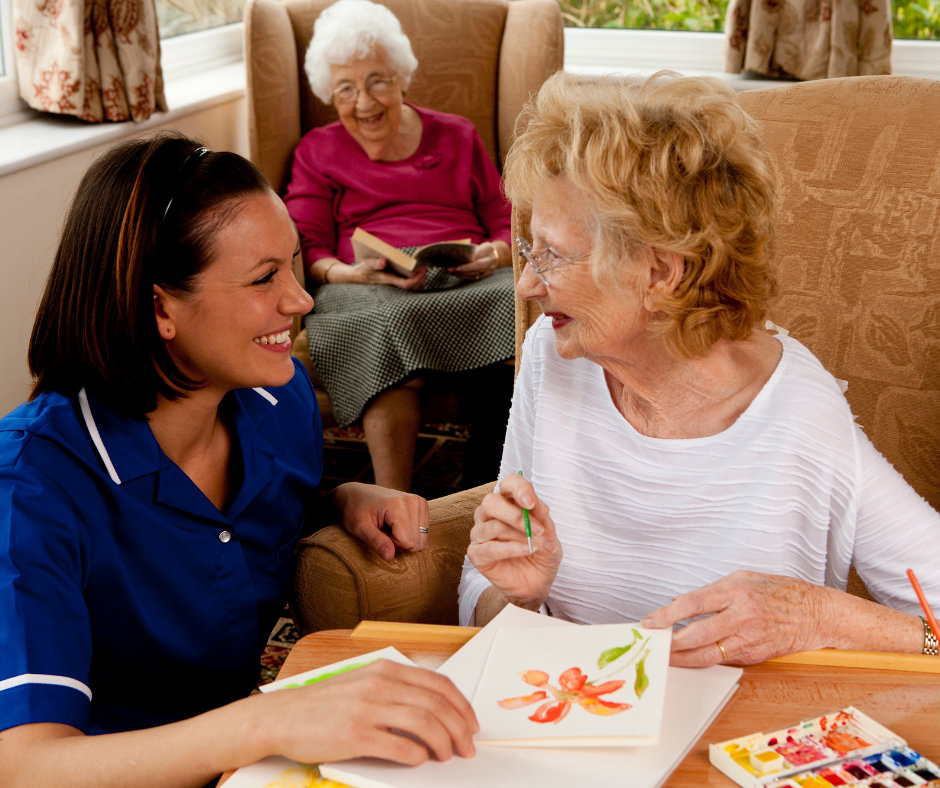
Using a Will to protect a home against care fees
25th April 2023
In BTTJ’s Private Client department we are recently seeing more and more clients who are asking how they can protect their assets from care home fees. Often their main concern is to ensure that they leave their hard-earned money for their family after they have passed away.
The good news is that there are steps that you can take to help protect some of your assets from care home fees. Careful consideration needs to be given and we would always suggest taking advice from a legally qualified professional, such as our Private Client Team here at Brindley Twist Tafft & James to ensure you are advised properly and your Will is drafted in the correct manner.
A commonly drafted ‘simple’ Will will leave everything to your spouse or civil partner on the first death and then everything to your children (or other beneficiaries) on the second death. There is nothing wrong with this in practice but what happens if your surviving spouse or civil partner has to go into care a few years later and their assets need to be used towards care home fees?
The current rules stipulate that if you have assets in your name over the threshold of £23,250 then you have to pay for the cost of your care. This potentially means that your assets would have to be used to fund the cost. As most people’s main asset is their house, this means that this potentially would have to be sold to pay for care. If this is a concern, there is a way of structuring your Wills using a trust to protect at least half of your property, which has no impact on you during your lifetime and only takes effect on the death of the first spouse or civil partner.
Instead of leaving all your assets outright to your surviving spouse or civil partner on the first death, within your Wills you can each place your half share of your home into a trust for the benefit of your surviving spouse or civil partner. Within the Will the survivor is given the right to freely enjoy the use of the half share held in trust during their lifetime, but legally it does not pass to them. The consequence of this is that if the survivor needs to go into care in the future, then they do not own the full value of the property, only half. The half share held in trust belongs to the ultimate beneficiaries of your Will, for example your children and therefore cannot automatically be spent on care.
This is a popular way of safeguarding half of your property from care home fees. It leaves the surviving spouse or civil partner with peace of mind that they can benefit and enjoy the full use of the property during their lifetime, whilst knowing that half of the property will be protected for the people you ultimately want to benefit from your Will.
Part of this type of Will planning also involves changing the way in which you own your property. There are two ways of owning a property, as either joint tenants or tenants in common. If a property is owned as joint tenants, then on the passing of the first owner it automatically transfers to the survivor. If a property is owned as tenants in common, then on the passing of the first owner, it does not pass to the survivor and instead passes in accordance with your wishes in your Will. Generally speaking, couples own their property as joint tenants.
For this type of property trust to be effective, the property must be owned as tenants in common. Of course, you should always seek legal advice before transferring any assets, not only to ensure your Will is effective but also to ensure you are not contending with any deprivation of asset legislation.
Please make contact with our friendly and specialist team at if you have any queries who will be very happy to help
Article written by Katie Nightingale
